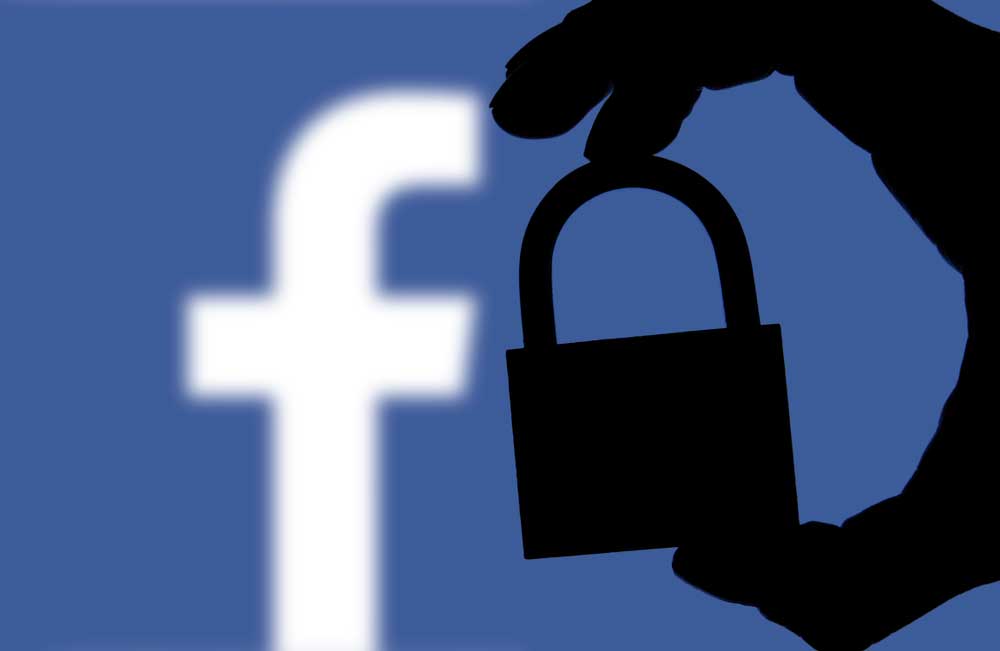Facebook can be ordered to remove illegal content worldwide, Europe’s top court said on Thursday in a landmark ruling that rights activists say raises concerns that some countries could use it to silence critics.
The judgment means social platforms can be forced to seek out hateful content deemed illegal by a national court in the 28-country bloc rather than wait for requests to remove posts as it currently does under EU rules.
Facebook and other platforms can also be made to comply with requests to take down content globally, even in countries where it is not illegal, the Court of Justice of the European Union ruled.
The judgment came just a week after the same court told Google that it does not have to apply Europe’s “right to be forgotten” law globally, garnering praise from free speech advocates.
On Thursday, the court said in a statement: “EU law does not preclude a host provider like Facebook from being ordered to remove identical and, in certain circumstances, equivalent comments previously declared to be illegal.
“In addition, EU law does not preclude such an injunction from producing effects worldwide, within the framework of the relevant international law.”
Facebook slammed the ruling, saying it was not the role of social platforms to monitor, interpret and remove speech that may be illegal in any particular country.
“It undermines the longstanding principle that one country does not have the right to impose its laws on speech on another country. It also opens the door to obligations being imposed on Internet companies to proactively monitor content and then interpret if it is ‘equivalent’ to content that has been found to be illegal,” the company said.
UK rights group Article 19 backed Facebook. “This would set a dangerous precedent where the courts of one country can control what Internet users in another country can see. This could be open to abuse, particularly by regimes with weak human rights records,” executive director Thomas Hughes said.
Supporters of the ruling counter that defamation laws have not been enforced appropriately in the Internet age and are needed to force platforms like Facebook to do more to combat Internet trolls and hate speech.
Facebook found itself in the dock after Eva Glawischnig-Piesczek, then chairwoman of the Greens parliamentary group in Austria, sued the company in an Austrian court.
In 2016, a Facebook user in Austria had posted a link to a news article about immigration that included comments calling Glawischnig-Piesczek a “lousy traitor of the people”, a “corrupt oaf” and member of a “fascist party”.
Facebook initially refused demands to remove the material. In many countries the comments would be considered acceptable, if vulgar, political speech.
Glawischnig-Piesczek successfully sued Facebook in Austrian courts and demanded that Facebook remove posts that were similar in tone to the original insults. The Austrian Supreme Court referred the case to the European Court of Justice, whose decision cannot be appealed.











